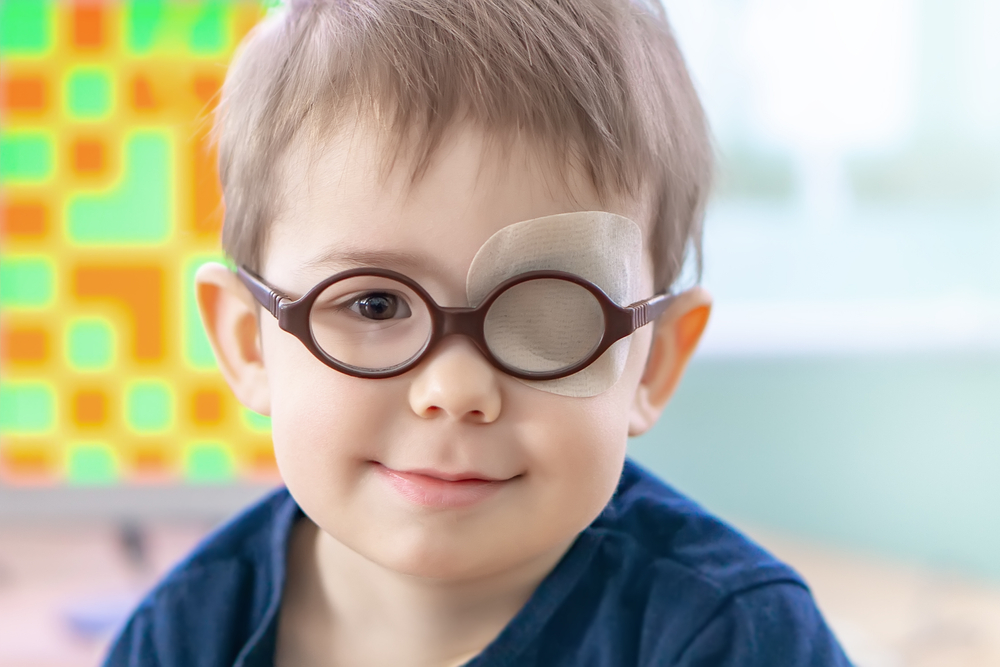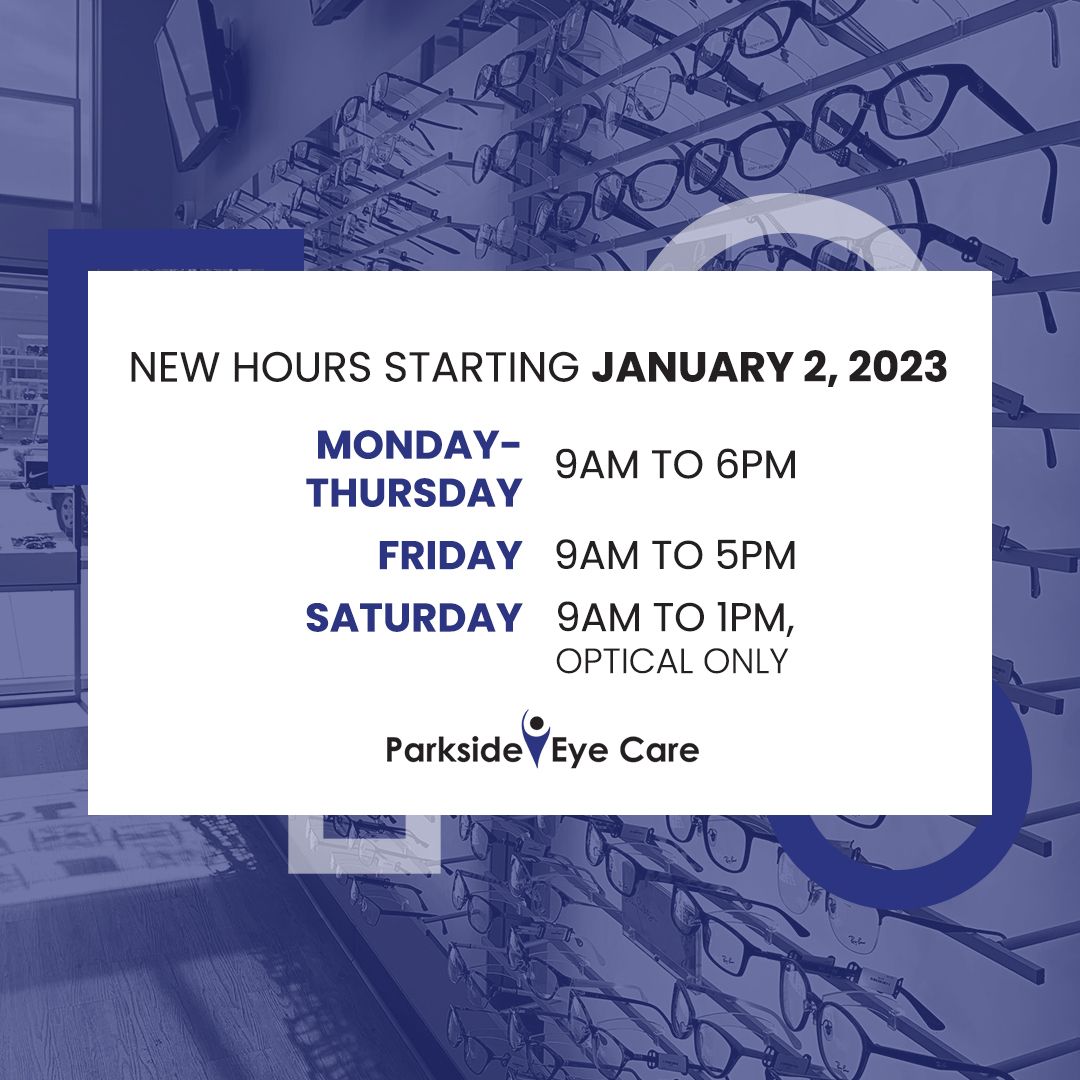
Eye health is a crucial aspect of your child's overall well-being. It is essential to stay informed about the potential emergencies that can affect your child's eyes. From common infections like pink eye to more severe issues like burns or chemical exposure, understanding these conditions can help you take the right action when necessary.
Five Common Eye Emergencies in Children
Children are naturally curious and active, which unfortunately can lead to eye emergencies. It's important to know about the five common eye emergencies in children: pink eye, scratches, objects in the eye, burns or chemical exposure, and blunt injuries to the eye or eyelid.
A Deeper Look into Pink Eye
Pink eye is one of the most common eye conditions among children. It can be uncomfortable and irritating, but it's usually not serious and can be treated effectively. Symptoms can include redness, itching, a gritty feeling in the eye, discharge that forms a crust during sleep, and tearing.
There are three main types of pink eye: viral, bacterial, and allergic. Viral and bacterial pink eye are both contagious and are commonly spread among children in schools and daycare centers. Allergic pink eye is caused by allergens such as pollen and is not contagious.
Dealing with Scratches or Cuts
Children playing with toys, participating in sports, or just exploring their surroundings can lead to scratches or cuts. It can cause discomfort, redness, tearing, and a feeling that something is in the eye. Serious scratches or cuts in the eye require professional optometric intervention, as it can cause further damage.
Navigating Foreign Objects in the Eye
If your child has a foreign object in their eye, don't let them rub their eyes. Try to wash the object out with water. If it doesn't come out easily, or if there's a visible scratch on the eye, seek medical attention immediately.
The Seriousness of Burns and Chemical Exposure to the Eyes
While less common than pink eye or scratches, burns or chemical exposure to the eyes can be extremely serious. Household cleaning products, garden chemicals, and even some children's toys can contain substances that cause burns or chemical injuries if they come into contact with the eyes.
If a chemical gets into your child's eye, rinse it immediately with water for at least 15 minutes. Don't try to neutralize the chemical with other substances, and don't bandage the eye. Visit your optometrist immediately.
Burns to the eye, whether from heat or radiation, can cause pain, redness, and blurring of vision. It's essential to protect the eye from further damage and see an eye care professional immediately.
Addressing Blunt Injuries to the Eye or Eyelid
Blunt injuries to the eye or eyelid, often caused by falls or sports accidents, can result in bruising, swelling, and pain. In severe cases, they can cause detached retina or damage to the internal structures of the eye, which can lead to vision loss.
If your child has a blunt injury to the eye, apply a cold compress to reduce swelling and pain. Avoid putting pressure on the eye, and don't try to treat serious injuries yourself. Immediate medical attention is required to prevent further damage.
Steps to Protect Your Child's Eye Health
Prevention is key when it comes to children and eye health. Ensure your child wears protective eyewear while playing sports or engaging in activities that could lead to eye injury. Teach them about the dangers of playing with sharp objects or chemicals.
Ensure a healthy diet rich in fruits and vegetables, particularly those high in vitamins A and C, as these are beneficial for eye health. Limit screen time and encourage regular breaks to prevent eye strain.
Conclusion
Children's eye health is a critical aspect of their overall well-being. Knowing how to recognize and respond to the five common eye emergencies in children is an essential part of this. Prevention is the best way to protect your child's eyes, but when emergencies do occur, knowing when to see an optometrist can make all the difference.
For more information on pediatric eye emergencies, contact Parkside Eye Care at our office in Cary, North Carolina. Call (919) 883-9987 to schedule an appointment today.














